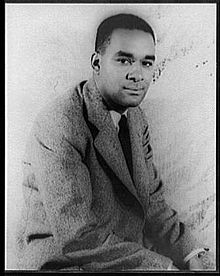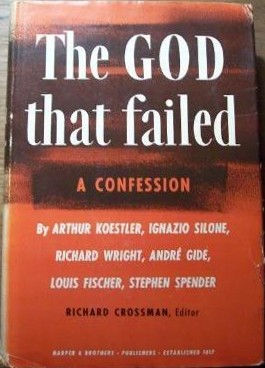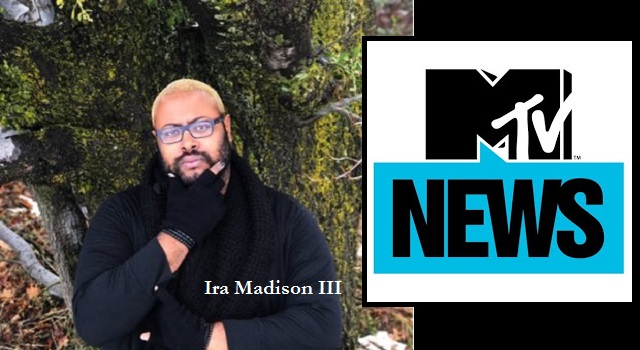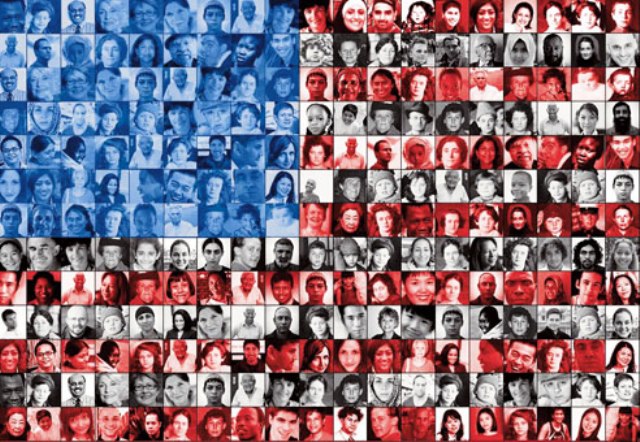We close out the year with more protests and demands than ever, as our intellectuals engage in more and more “conversations” about race.
The protests spilled over to restaurants and shopping venues, even as Americans celebrated Christmas. The incubators are the schools and college campuses, where students are taught about injustices invisible to the common man. Textbooks offering lessons for deep classroom discussion include the sociology textbook, Color Lines and Racial Angles, published by Norton. It includes such thought-provoking gems as “Asian American Exceptionalism and ‘Stereotype Promise,'” “The Fascination and Frustration with Native American Mascots,” “White Trash: The Social Origins of a Stigmatype,” and “Thinking about Trayvon [Martin, of course]: Privileged Responses and Media Discourse.”
Another gem from the once esteemed textbook publisher is Doing Race: 21 Essays for the 21st Century, with offerings from professors in various fields, such as biology, history, anthropology, sociology…and education, with a contribution by Bill Ayers’ choice for Obama’s Secretary of Education, Linda Darling-Hammond. The Obama education transition team leader and developer of one of the two national Common Core tests offers her thoughts on education in an essay titled, “Structured for Failure: Race, Resources, and Student Achievement.”
At the K-12 level, materials for sensitizing students to oppression abound. There is (Re)Teaching Trayvon: Education for Racial Justice. Curriculum materials on “teaching the ongoing murders of black men” are also readily available at Rethinking Schools.The George Soros-funded Teaching for Change also has some incendiary curriculum materials for the tykes.
White Privilege: All these materials are intended to instill an understanding of “white privilege,” which arose as more obvious methods such as slurs and discrimination disappeared. White privilege is a kind of unconscious superiority that must be reviewed constantly–replacing the Puritan scouring for sin. To gain an understanding, students can read “Beyond the Big, Bad Racist: Shared Meanings of White Identity and Supremacy” in theirColor Lines textbook.
The common wisdom in academe is that all white people are racist because they have white privilege. An exponent of this theory, George Yancy, was recently hired by Emory University to teach philosophy. His letter to “White America” appeared on Christmas Eve in the New York Times. Following in the footsteps of Ta-Nehisi Coates, a MacArthur Genius Grant winner and National Book Award winner for his stream-of-consciousness racial complaint in the style of James Baldwin, Yancy invoked James Baldwin.
“Dear White America,” wrote Yancy, as he set out to berate her,
I have a weighty request. As you read this letter, I want you to listen with love, a sort of love that demands that you look at parts of yourself that might cause pain and terror, as James Baldwin would say. Did you hear that? You may have missed it. I repeat: I want you to listen with love. Well, at least try.
Yancy, here, managed to combine demand and insult. No doubt, millions of white masochistic Americans did just that: they tried very, very, very hard to listen, with love (as difficult as it is for them to grasp the concept).
This man who occupies an office once occupied by a real philosopher, continued,
We don’t talk much about the urgency of love these days, especially within the public sphere. Much of our discourse these days is about revenge, name calling, hate, and divisiveness. I have yet to hear it from our presidential hopefuls, or our political pundits. I don’t mean the Hollywood type of love, but the scary kind, the kind that risks not being reciprocated, the kind that refuses to flee in the face of danger. To make it a bit easier for you, I’ve decided to model, as best as I can, what I’m asking of you. Let me demonstrate the vulnerability that I wish you to show. As a child of Socrates, James Baldwin and Audre Lorde, let me speak the truth, refuse to err on the side of caution.
Now, the Dissident Prof has taken some classes in philosophy, but never has she heard a professor declare himself a “child of” any historical figure, much less of such a disparate triad as Socrates, James Baldwin, and Audre Lorde. Furthermore, they told their students that philosophy is the love of wisdom and that according to Socrates, the beginning of wisdom comes with the admission of ignorance.
Professor Yancy, however, declares that he speaks the truth, or at least a truth that does not hold back, has no doubt.
Lest anyone get the impression that Professor Yancy feels himself in any way superior to White America, or to anyone else, he confesses his own sin of sexism, or male privilege. But then again that must mean he is superior because he confessed his privilege. So unless you, White America, confess the privilege that Professor Yancy says you enjoy (because he knows), you are guilty.
 Richard Wright I will not claim to be a child of Richard Wright, just someone who, in spite of her white privilege, read and taught (at Emory) his autobiographical account of a show trial put on by the American Communists in the 1930s. Wright got entangled with them in his efforts to break into writing. The poor soul who is the target, his friend Ross, is NOT a privileged white American, but a black American, one of many targeted and exploited by the communists.
Richard Wright I will not claim to be a child of Richard Wright, just someone who, in spite of her white privilege, read and taught (at Emory) his autobiographical account of a show trial put on by the American Communists in the 1930s. Wright got entangled with them in his efforts to break into writing. The poor soul who is the target, his friend Ross, is NOT a privileged white American, but a black American, one of many targeted and exploited by the communists.
Wright is asked to come to the trial so that he might “learn what happened to ‘enemies of the working class.'”
The following day, a Sunday, Ross is confronted by his accusers. Over the course of three hours, the accusers describe “Fascism’s aggression in Germany, Italy, and Japan,” “the role of the Soviet Union as the world’s lone workers’ state,” and the “suffering and handicaps” of the Negro population on Chicago’s South Side and the relation to “world struggle.” The direct charges against Ross are made, with dates, conversations, and scenes.
Then it is time for Ross to defend himself:
He stood trembling; he tried to talk and his words would not come. The hall was as still as death. Guilt was written in every pore of his black skin. His hands shook. He held on to the edge of the table to keep on his feet. . . .
“Comrades,” he said in a low, charged voice. “I’m guilty of all the charges, all of them.”
 “TheGodThatFailed” by Source. Licensed under Fair use via WikipediaIn a similar manner, those of us benefiting from “privilege,” must confess as we are blamed for such things as the “school to prison pipeline” and the deplorable conditions on the South Side of Chicago. Those who wish to be in the good graces of those like Professor Yancy must confess these over and over and over.
“TheGodThatFailed” by Source. Licensed under Fair use via WikipediaIn a similar manner, those of us benefiting from “privilege,” must confess as we are blamed for such things as the “school to prison pipeline” and the deplorable conditions on the South Side of Chicago. Those who wish to be in the good graces of those like Professor Yancy must confess these over and over and over.
Fortunately, there are still a few legitimate philosophy professors around, such as Jack Kerwick, one of the contributors to the Dissident Prof collection, Exiled. Kerwick, who keeps a very busy schedule teaching, also is a frequent contributor to such sites as Townhall and American Thinker. Those who have enjoyed his application of logic to the issues of the day can now enjoy his razor sharp analyses in a new collection, The American Offensive: Dispatches from the Front, where he tackles such topics as Immigration, Academia, Religion, and Race. As a matter of fact, I think George Yancy should read it. I cannot think of anyone who would benefit more.
A couple reminders: The deadline for public comment on the U.S. Dept. of Education’s “family engagement” plan is Jan.4. The deadline for 2015 charitable contributions is Dec. 31.
Best wishes for a Happy New Year!








